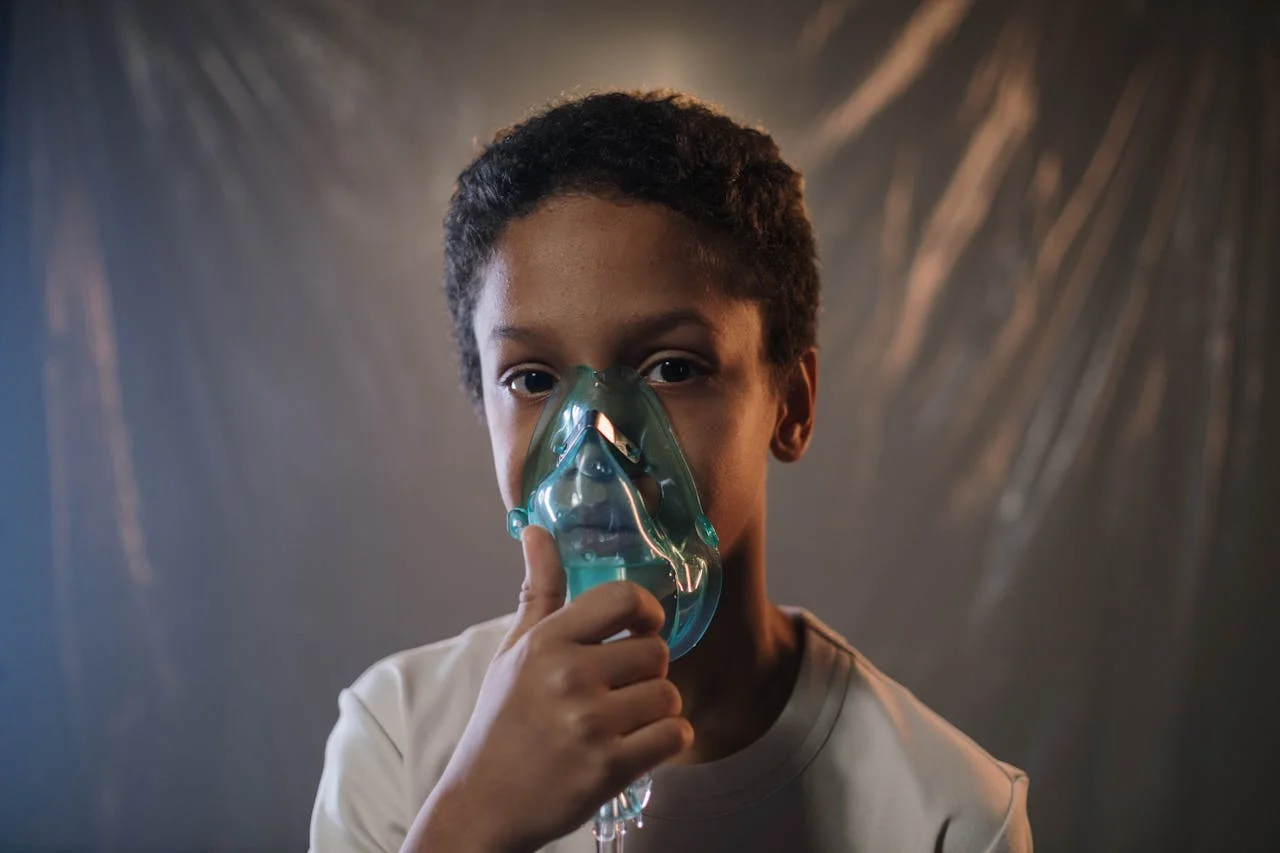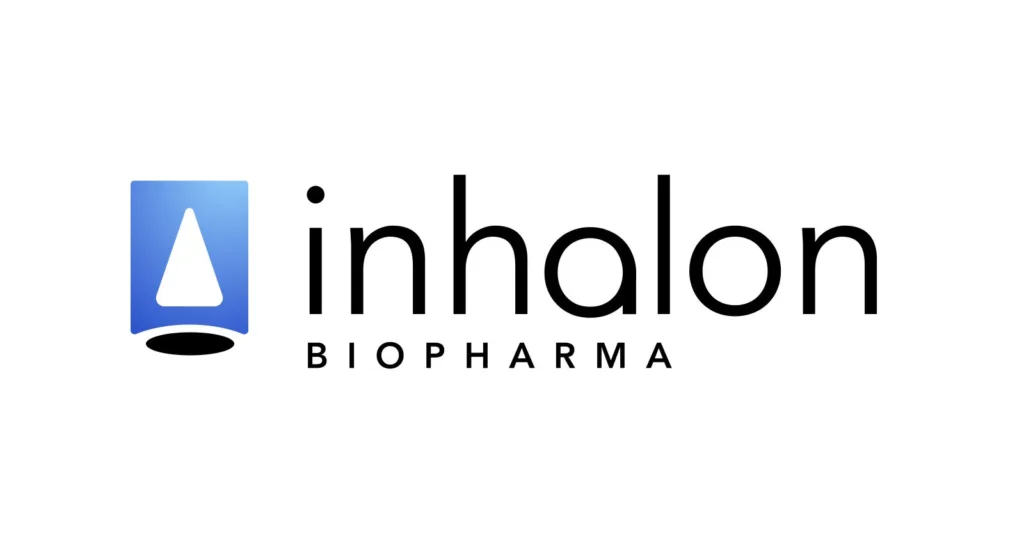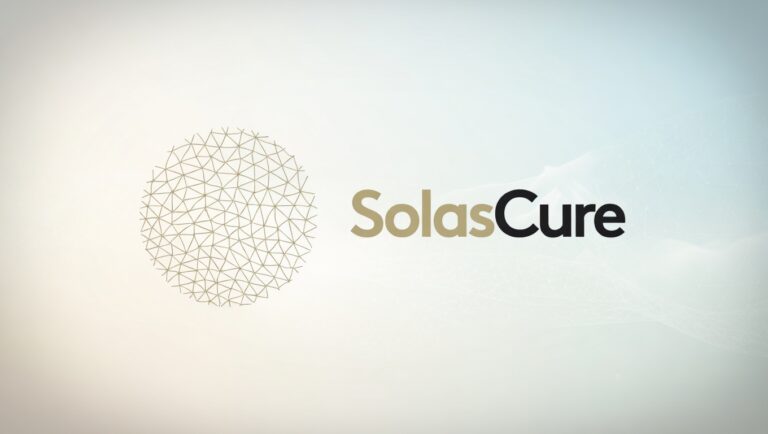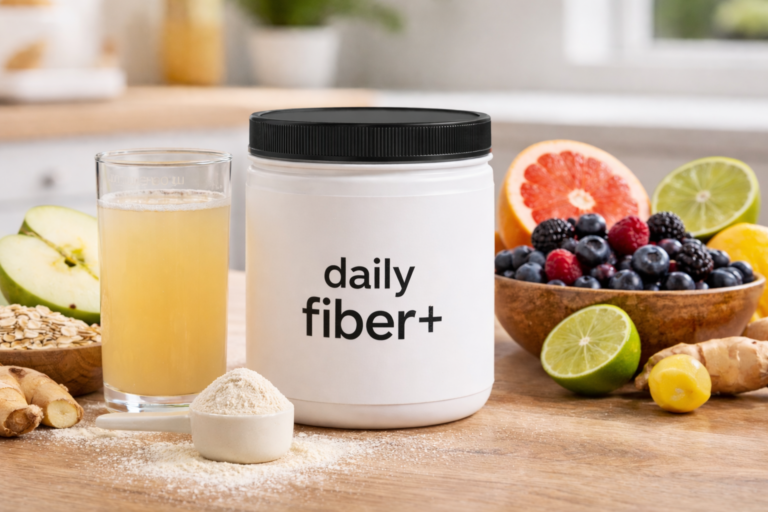
Inhalon Biopharma Advances Breakthrough Inhaled Antibody Treatment for RSV, Targets 2026 Human Trials
Inhalon Biopharma, Inc., a clinical-stage company pioneering innovative treatments for acute respiratory infections (ARI), has announced a major milestone in the development of its first-in-class inhaled antibody therapy for respiratory syncytial virus (RSV). The company revealed the completion of IND-enabling studies for its RSV candidate, IN-002, and outlined plans to initiate a human challenge study in 2026. This development is a significant step in addressing the growing burden of respiratory diseases, particularly among vulnerable populations such as infants, toddlers, and the elderly.
Inhalon’s breakthrough RSV treatment is based on its novel inhaled antibody platform, which delivers therapeutic antibodies directly to the site of infection in the airways using a handheld nebulizer. This inhaled approach is distinct from traditional oral or intravenous (IV) treatments and has shown superior efficacy in preclinical studies. Animal models have demonstrated that the inhaled method significantly enhances the effectiveness of respiratory infection treatments, suggesting it could lower healthcare costs and reduce the burden on patients and the healthcare system.
The company has partnered with hVIVO (AIM: HVO), a leading contract research organization specializing in human challenge trials, to conduct the Phase 2a clinical trial for the RSV candidate. As the global leader in human challenge studies, hVIVO will help facilitate the investigation of Inhalon’s inhaled antibody therapy in humans. This partnership further underscores the potential of Inhalon’s RSV treatment to make a significant impact in the fight against respiratory diseases.
A New Approach to RSV Treatment
RSV remains a major health threat, particularly for vulnerable populations. Despite vaccines being available, they are underutilized, and breakthrough infections are common, with as many as 30-50% of immunized patients still experiencing RSV infections. As a result, many infants, toddlers, and elderly individuals remain at high risk of severe disease, and there are currently no approved treatments for the underlying RSV infection.
Inhalon’s inhaled antibody therapy targets the root cause of RSV, focusing on the virus’s underlying pathophysiology. One of the key advantages of this approach is the potential for self-administration at home, which could help reduce hospitalizations and the burden on healthcare systems. Patients would be able to receive effective treatment for RSV without the need for invasive procedures or frequent visits to medical facilities. This is particularly beneficial for those in high-risk categories who require timely intervention.
John Whelan, president and CEO of Inhalon Biopharma, highlighted the pressing need for innovation in the treatment of respiratory infections: “The treatment paradigm for respiratory infections is ripe for disruptive innovation. Preventive immunizations are underutilized, especially in RSV, where vaccine usage is now expected to be one-third of original estimates. As many as 30-50% of immunized patients experience breakthrough infection, leaving vulnerable populations – infants, toddlers, and the elderly – at high risk of severe infection.”
Proven Efficacy in Preclinical Trials
Inhalon’s RSV candidate, IN-002, has shown promising results in preclinical studies. A prior clinical study comparing the company’s inhaled antibody therapy to an IV-approved antibody therapy demonstrated that Inhalon’s therapy maintains its full activity following nebulization. Moreover, it can be dosed uniformly to all parts of the respiratory tract, including the deep lung, which is a crucial site for treating respiratory infections.
The study found that subjects receiving the inhaled antibody treatment had 30- to 100-fold higher concentrations of the antiviral antibody in their respiratory tracts compared to those receiving intravenous doses. Interestingly, the subjects who received inhaled treatment received up to 90% fewer antibodies, yet they still achieved significantly higher concentrations in their lungs. These results further validate the inhaled method as a potentially game-changing approach for treating RSV and other respiratory infections.

Future Outlook for Inhalon Biopharma
Looking ahead, Inhalon is poised to make a significant impact on the treatment landscape for RSV and other acute respiratory infections. The company’s novel inhaled antibody platform offers a more targeted, efficient, and patient-friendly solution to respiratory diseases, and it could play a critical role in addressing the challenges posed by RSV, especially in vulnerable populations.
With the upcoming Phase 2a trial and plans to initiate human challenge studies in 2026, Inhalon is advancing rapidly toward realizing its goal of bringing this potentially transformative treatment to market. If successful, the inhaled RSV therapy could not only improve patient outcomes but also reduce the strain on healthcare systems globally.
As Inhalon continues to make progress with its innovative therapies, the future of respiratory infection treatment looks increasingly promising, with the potential for new, more effective, and accessible options for patients worldwide.
Inhalon Biopharma’s work with RSV exemplifies the power of innovative therapies in tackling longstanding public health challenges. Their efforts in developing inhaled antibody treatments are setting the stage for a new era in the management of respiratory diseases.
Inhalon Biopharma Inhalon Biopharma Inhalon Biopharma




